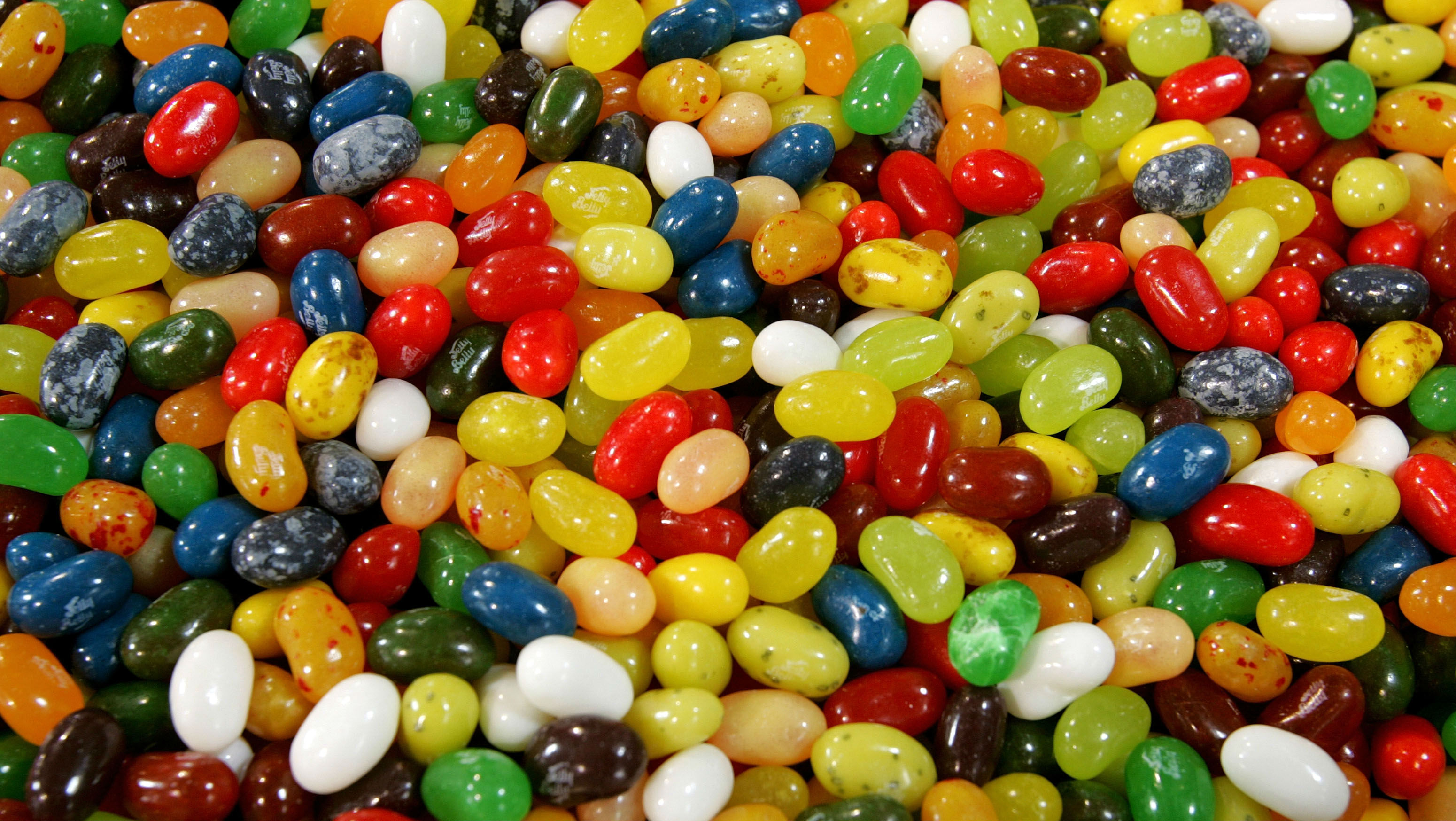Sweet tooth: How sugar became the world's drug of choice
Eating too much sugar can have devastating side effects for its hundreds of millions of 'addicts'

A free daily email with the biggest news stories of the day – and the best features from TheWeek.com
You are now subscribed
Your newsletter sign-up was successful
Reaching out for a biscuit or a piece of chocolate to satisfy a craving for 'something sweet' can seem like the most natural thing in the world, but is our love of all things sugary a dangerous addiction rather than an innocent pleasure?
In a lengthy article in The Guardian that's already causing a stir on social media, Gary Taubes makes the case that sugar is ultimately the most destructive drug of all, with eye-opening long-term implications for global health.
Is sugar addictive?
The Week
Escape your echo chamber. Get the facts behind the news, plus analysis from multiple perspectives.

Sign up for The Week's Free Newsletters
From our morning news briefing to a weekly Good News Newsletter, get the best of The Week delivered directly to your inbox.
From our morning news briefing to a weekly Good News Newsletter, get the best of The Week delivered directly to your inbox.
Historically, Taubes says, "the response of entire populations to sugar has been effectively identical to that of children: once people are exposed, they consume as much sugar as they can easily procure."
Like alcohol, tobacco and 'hard drugs', sugar stimulates the brain to release the 'pleasure chemical' dopamine – but the similarities do not end there.
A recent study by the Queensland University of Technology found that dopamine bursts caused by sugar begin to drop off with long-term consumption, The Independent reports.
As less dopamine is released, "people need to consume higher and higher levels of sugar in order to reach the same reward levels and avoid mild states of depression", the same process observed in alcoholics and drug addicts.
A free daily email with the biggest news stories of the day – and the best features from TheWeek.com
However, the research is far from definitive. A 2014 study at Edinburgh University concluded that there was no evidence that the body could become physically dependent on sugar, and that excessive consumption of sugar was a behavioural disorder, similar to a gambling addiction.
Ethical considerations mean that scientists cannot measure how sugar addiction compares to other drugs in an experiment on human subjects. However, a 2013 study conducted on laboratory rats concluded that sugar "can not only [be a] substitute for addictive drugs, like cocaine, but can even be more rewarding and attractive".
Researchers suggest that this seemingly harmful drive for sweet foods could be linked to "evolutionary pressures for seeking and taking foods high in sugar and calories".
How dangerous is sugar?
Whether or not a sweet tooth should be treated like a drug habit, sugar is linked to an array of health issues which spell trouble for its hundreds of millions of 'addicts'.
The most obvious of these is obesity, but people who eat higher amounts of sweet food also have a higher propensity to develop serious medical conditions such as type 2 diabetes, high blood pressure and high blood sugar.
Nutritionists and health authorities have long recommended that sugar only be consumed in moderation, but, as Taubes argues, the long-term implications of our high-sugar diets are only just beginning to be understood.
"If it takes years or decades, or even generations, for us to get to the point where we display symptoms of metabolic syndrome," he writes. "It's quite possible that even these apparently moderate amounts of sugar will turn out to be too much."
-
 How the FCC’s ‘equal time’ rule works
How the FCC’s ‘equal time’ rule worksIn the Spotlight The law is at the heart of the Colbert-CBS conflict
-
 What is the endgame in the DHS shutdown?
What is the endgame in the DHS shutdown?Today’s Big Question Democrats want to rein in ICE’s immigration crackdown
-
 ‘Poor time management isn’t just an inconvenience’
‘Poor time management isn’t just an inconvenience’Instant Opinion Opinion, comment and editorials of the day
-
 Epstein files topple law CEO, roil UK government
Epstein files topple law CEO, roil UK governmentSpeed Read Peter Mandelson, Britain’s former ambassador to the US, is caught up in the scandal
-
 Iran and US prepare to meet after skirmishes
Iran and US prepare to meet after skirmishesSpeed Read The incident comes amid heightened tensions in the Middle East
-
 Israel retrieves final hostage’s body from Gaza
Israel retrieves final hostage’s body from GazaSpeed Read The 24-year-old police officer was killed during the initial Hamas attack
-
 China’s Xi targets top general in growing purge
China’s Xi targets top general in growing purgeSpeed Read Zhang Youxia is being investigated over ‘grave violations’ of the law
-
 Panama and Canada are negotiating over a crucial copper mine
Panama and Canada are negotiating over a crucial copper mineIn the Spotlight Panama is set to make a final decision on the mine this summer
-
 Why Greenland’s natural resources are nearly impossible to mine
Why Greenland’s natural resources are nearly impossible to mineThe Explainer The country’s natural landscape makes the task extremely difficult
-
 Iran cuts internet as protests escalate
Iran cuts internet as protests escalateSpeed Reada Government buildings across the country have been set on fire
-
 US nabs ‘shadow’ tanker claimed by Russia
US nabs ‘shadow’ tanker claimed by RussiaSpeed Read The ship was one of two vessels seized by the US military